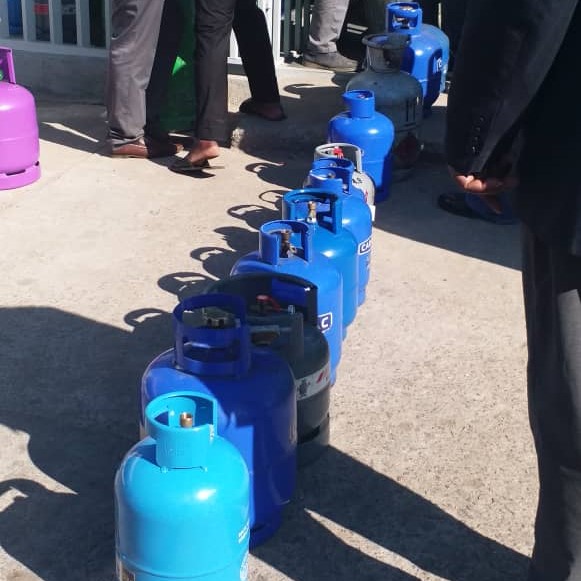Bulawayo residents have welcomed plans by the Zimbabwe Energy Regulatory Authority (ZERA) to regulate the pricing of Liquid Petroleum Gas (LPG) to protect consumers against arbitrary price hikes by retailers.
Owing to electricity loading-shedding, stretching over 18 hours per day, LP gas, which in the past was considered alternative energy, has become an integral energy source for both domestic and industrial use.
ZERA had licensed 22 gas wholesalers and about 1000 retailers at the beginning of 2019.
Last year, the country imported 45 million kgs of gas, compared to 5 million kgs imported in 2010.
While service stations are retailing the commodity at between $10 and $13 per kilogramme, some private players are selling the product at between $14 and $18 per kg.
ZERA has only been regulating the pricing of fuel and electricity despite Statutory Instrument 57 of 2014, mandating the authority to regulate gas prices as well.
Gas industry players are setting their own prices.
However, that is soon to come to an end, with ZERA having disclosed last week that the pricing formula for gas was being fine-tuned before being implemented.
“The industry was self-regulating, and the prices were determined by retailers,” said ZERA head of petroleum, Engineer Andrew Guri.
“However, we now feel the industry has matured and that is why we need to get involved to protect the public.”
Zimbabwe’s five power stations are producing about 742 MW of electricity against a demand of more than 2 200MW.
Experts believe the use of gas for cooking and heating can save the country 104MW of electricity.
“It is actually a good move for the government to control the prices of gas because it has now become one of the basic commodities in many homes,” Mthulisi Sibanda told CITE.
He added the ongoing price madness warranted ZERA’ intervention.
“The pricing mechanism in our economy has been so much distorted in many ways. Consumers we are being manipulated with prices that go up without any justification at all, therefore gas is not an exception,” he said.
Sibanda said he believes regulation would make the commodity affordable to all classes of people in the economy.
Mpumelelo Nyathi, of Njube, echoed Sibanda’s sentiments.
“I think the government should regulate gas prices in as much as motor vehicle fuel prices are regulated,” said Nyathi.
“LP gas is now a need in this season of electricity load shedding. Gas retailers have been selling the commodity at different prices across locations and this is confusing for consumers,” he added.
He was, however, quick to highlight that in price regulation, authorities should take inflation into consideration instead of just imposing a hard-fixed price.
But Clever Pedzisai, a marketer, said he was not in support of ZERA plans.
“I think market forces should determine the prices of commodities,” he argued.

